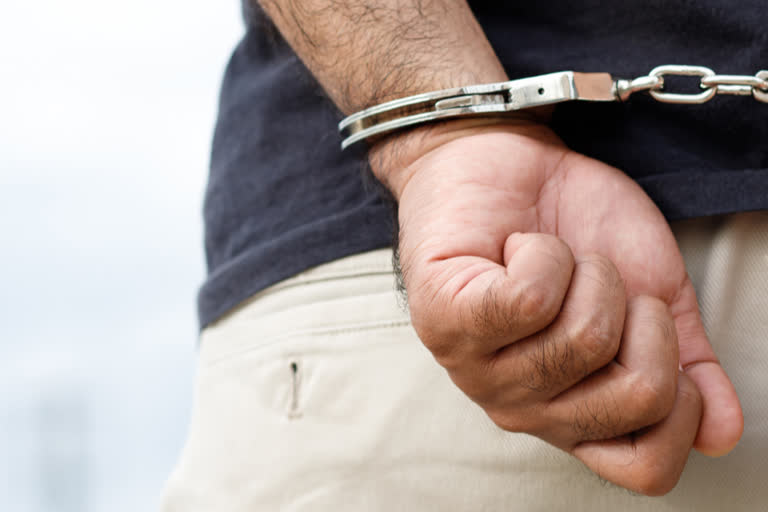London: Kishan Singh, accused of operating an international drugs cartel, has been extradited to India to face charges of supplying illegal drugs, official sources said on Monday.
The 38-year-old British citizen of Rajasthani origin was handed over by the Metropolitan Police Extradition Unit to officials from India and flew out from Heathrow Airport on an Air India flight and arrived in New Delhi on Sunday evening.
Singh is accused of supplying recreational drugs such as mephedrone, also known as White Magic and Meow Meow, and ketamine in India in 2016-17 and was arrested on an extradition warrant in London in August 2018.
He had opposed his extradition on human rights grounds and adverse prison conditions at Tihar Jail in Delhi, where he is expected to be lodged, but District Judge John Zani had ruled in favour of his extradition at Westminster Magistrates’ Court in London in May 2019.
Following over two years of legal processes, Singh’s case marks the second successful extradition from the UK to India, after alleged cricket match-fixing scandal bookie Sanjeev Chawla was extradited from London in February last year.
While it is being viewed as another success under the India-UK Extradition Treaty, the case is not among the high-profile extraditions sought by India from Britain involving big-ticket fraud and money laundering allegations faced by economic offenders such as former Kingfisher Airlines boss Vijay Mallya and diamond merchant Nirav Modi.
Read: France's limited lockdown beset by glitches as cases rise
While Mallya’s case has exhausted all levels of legal appeals against extradition and awaits a decision on a 'confidential' route he has applied to stay on in the UK, Modi’s case is with UK Home Secretary Priti Patel after District Judge Sam Goozee had concluded that there were no legal bars to his extradition to face the Indian judicial system.
Singh had used the same prisons expert witness as in the cases of Mallya and Modi – Dr Alan Mitchell, a medical practitioner and chair of the Independent Prisons Monitoring Group in Scotland. But, back in May 2019, District Judge Zani had found that the extradition meets the Article 3 obligations under the European Convention on Human Rights, relating to inhuman and degrading treatment or punishment.
He also found the case 'satisfied the prima facie test' and had sent his ruling to the Home Secretary.
India is a designated Part 2 country by virtue of the Extradition Act 2003, which means it is the Cabinet minister who has the authority to order a requested person’s extradition after considering a number of further issues.
Read: AstraZeneca says US trial data shows vaccine 79% effective
Under the provisions of the act, the minister must consider the possible imposition of the death penalty, in which case extradition cannot be ordered, and a few other narrow factors, none of which applied in the case of Singh.
His arrest over two years ago was linked to arrests in India dating back to 2017 of Commonwealth silver medallist Harpreet Singh and two other alleged associates of Singh.
PTI



